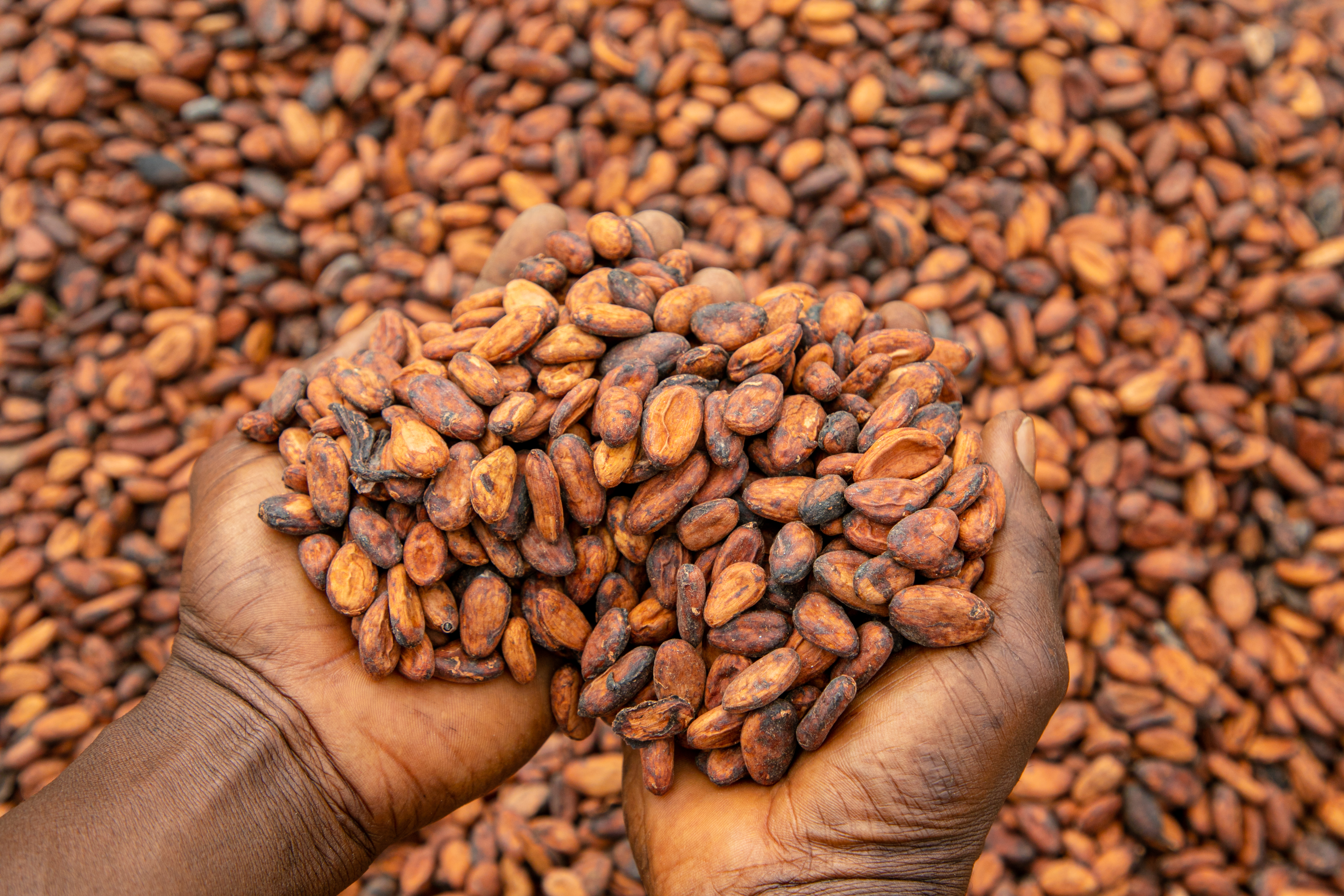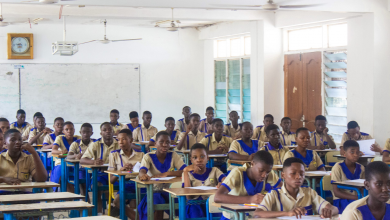Illegal mining and adverse weather conditions slash Ghana’s cocoa revenue by over $500 million

Illegal mining activities, unfavorable weather conditions, the swollen shoot virus disease, and rampant smuggling have caused a significant shortfall in Ghana’s cocoa revenue for the first quarter of 2024.
Fiifi Boafo, Head of Public Affairs at COCOBOD, detailed these issues in an interview with JoyNews Desk, attributing the alarming $500 million drop in revenue to these key factors as reported by the Bank of Ghana.
“Illegal mining activities are cutting off farmers from their farms,” Boafo explained, emphasizing the detrimental impact of illicit mining on cocoa production. He added that these disruptions make it difficult for farmers to access aid for harvesting, while polluted water bodies from mining activities hinder irrigation efforts.
In addition to mining, adverse weather conditions have also played a crucial role in the revenue decline. Boafo cited the “El Niño phenomenon,” which caused warmer and drier conditions, leading to lower yields.
The Cocoa Swollen Shoot Virus Disease (CSSVD) has further exacerbated the situation, with over 500,000 hectares of cocoa farms lost to the disease. “Over $200 million was spent to rehabilitate farms affected by Cocoa Swollen Shoot Virus Disease,” Boafo noted, highlighting the extensive impact of CSSVD.
To combat these challenges, COCOBOD has taken several measures, including legal actions against smugglers and illegal miners. “Five individuals have already been jailed, and several cases are pending in court,” Boafo disclosed. COCOBOD is also financially supporting cocoa farmers by increasing payments for their produce and assisting in prosecuting miners who disrupt farming activities.
Despite the production shortfall, Boafo remains optimistic about COCOBOD’s ability to secure necessary funding. “Our production shortfall would not affect our chances of accessing the cocoa syndicated loan,” he assured, reflecting the institution’s confidence in maintaining financial stability.





